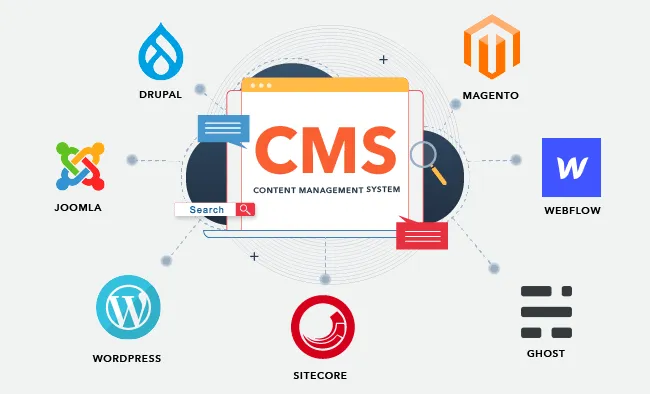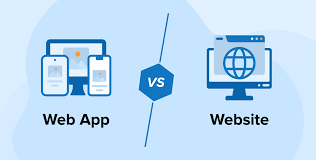The Ultimate Guide to CMS Development: What It Is and Why You Need It
Learn everything you need to know about CMS development. This guide covers what a Content Management System is, its key benefits, popular platforms like WordPress and Drupal, and best practices for building a successful, scalable website.

CMS development is the process of building and customizing websites using a Content Management System (CMS). A CMS is software that allows you to create, manage, and modify a website's content without needing to write code from scratch. It's the engine behind the scenes that empowers a wide range of users—from bloggers to business owners—to keep their websites up to date easily. Instead of building every page with HTML, CSS, and JavaScript, you use a user-friendly interface to handle tasks like adding a new blog post, updating a product page, or changing an image.
The CMS is generally composed of two main parts:
-
Content Management Application (CMA): This is the "back-end" graphical user interface where content creators and administrators can manage the content.
-
Content Delivery Application (CDA): This is the "front-end" component that takes the content you've managed in the CMA and publishes it on the website for visitors to see.
This separation of content from presentation is what makes a CMS so powerful and flexible.
Why Use a CMS for Your Website?
CMS development offers numerous advantages over traditional hard-coded websites. These benefits make it the go-to choice for businesses and individuals looking for efficient and scalable web solutions.
Ease of Use & Content Management
One of the most significant benefits is the intuitive interface. A CMS lets non-technical users add, edit, and publish content easily. This eliminates the need to rely on developers for simple updates, saving time and resources. Content can be scheduled for publication, and multiple users can collaborate with different access levels, streamlining the entire workflow.
Cost-Effectiveness
While there might be an initial development cost, a CMS often proves more economical in the long run. There are many open-source options (like WordPress and Drupal) that are free to use, and the ease of content updates reduces ongoing maintenance costs.
SEO-Friendly Features
Most modern CMS platforms are built with Search Engine Optimization (SEO) in mind. They include features that help you manage important SEO elements like meta descriptions, title tags, and clean URLs. Many platforms also have plugins and extensions that provide advanced SEO tools to help you improve your search rankings.
Flexibility and Scalability
CMS platforms are highly flexible. You can customize the design and functionality of your site using themes and templates. The real power, however, lies in their extensibility through plugins and modules. Whether you need an e-commerce store, a contact form, or a membership portal, there's likely a plugin available. This allows your website to grow and adapt to your business's changing needs.
Popular CMS Platforms
The world of CMS development is vast, with many platforms catering to different needs. Here are a few of the most popular choices:
-
WordPress: The most widely used CMS, powering over 40% of all websites. It's known for its user-friendliness, massive library of themes and plugins, and flexibility, making it suitable for everything from simple blogs to complex business sites.
-
Drupal: A robust and secure open-source CMS, often favored for large-scale, complex enterprise projects and government websites due to its advanced content management capabilities and strong security features.
-
Joomla: A popular choice for more intricate websites and online communities. It strikes a balance between ease of use and powerful features, offering a modular architecture that makes it highly customizable.
-
Headless CMS: This is a modern approach where the content is managed in a back-end system (the "head") but delivered via an API to any front-end application (the "body"). This provides ultimate flexibility for developers to build websites and apps with any technology. A good example is Contentful.
CMS Development Best Practices
To ensure a successful CMS project, follow these best practices:
-
Define Your Objectives: Before you choose a platform, clearly define your project goals, target audience, and required functionalities. This will help you select the most suitable CMS.
-
Prioritize Performance: Choose a platform and hosting provider that can handle your traffic and content. Optimize images and use caching to ensure your site is fast and responsive.
-
Focus on Security: CMS platforms can be targets for hackers, so it's critical to keep your core software, themes, and plugins updated. Use strong passwords and security plugins to protect your site.
-
Plan for Scalability: Design your website with future growth in mind. Ensure your CMS can handle an increase in content, users, and traffic without requiring a complete overhaul.
Conclusion
CMS development has revolutionized how we build and manage websites. It provides a powerful, flexible, and accessible solution that empowers individuals and businesses to create a strong online presence without extensive technical knowledge. By understanding what a CMS is, its benefits, and the best practices for its development, you can make an informed decision and build a successful digital foundation that will grow with your ambitions. Whether you're a small business owner launching your first site or an enterprise planning a complex digital experience, a CMS is a foundational tool for success.





